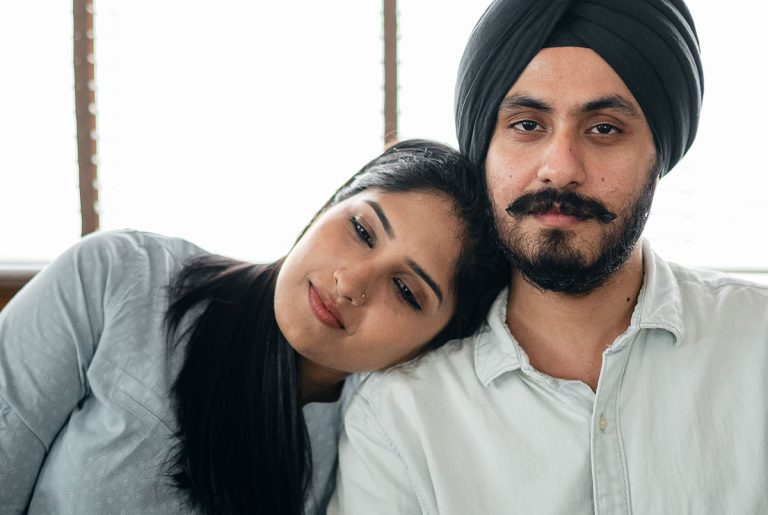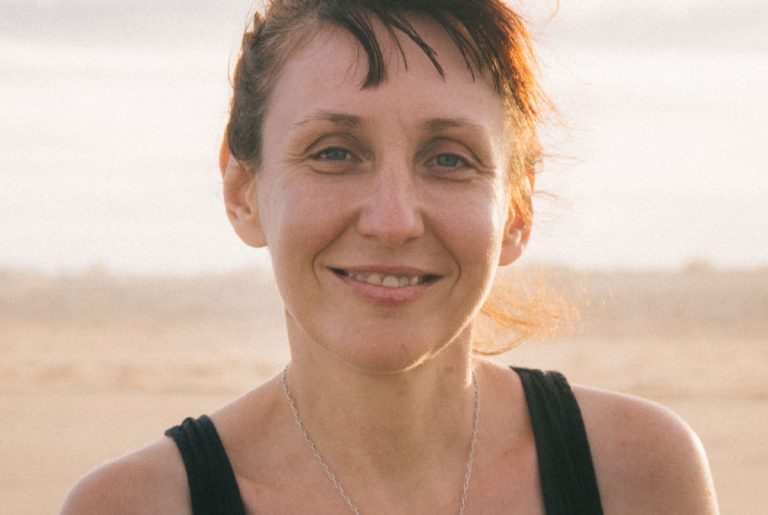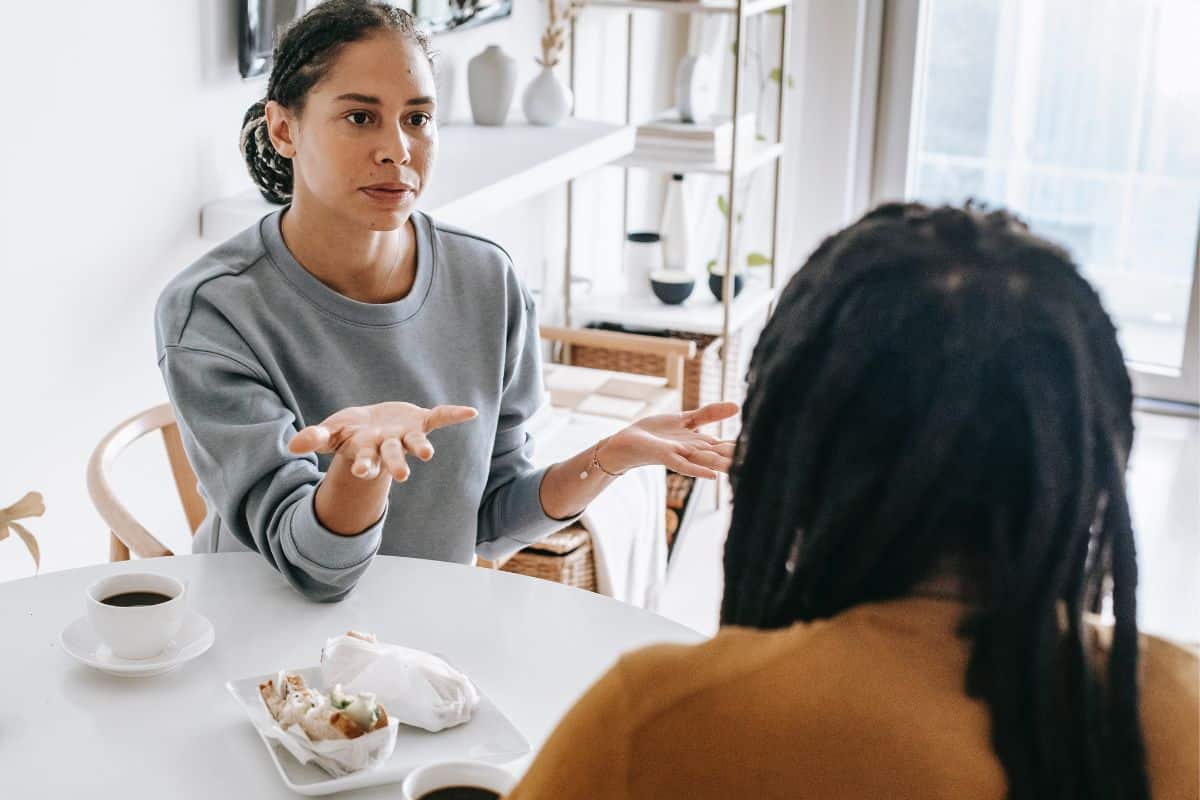We’ve all had them – uncomfortable, awkward, or complicated conversations we’d rather not have with our partners, family and friends. Sometimes we’ll try to avoid difficult conversations entirely, for fear of rejection, concern that we’ll upset the other person or even worry that they’ll lead to the relationship breaking down altogether.
It’s unrealistic to expect we’ll agree with our loved ones on everything. Disagreements, frustrations and hurts are generally part of any relationship – whether we like it or not – making it inevitable that we’ll eventually need to sit down and have that ‘difficult conversation’ to work it through.
Having these types of conversations can actually lead to positive change, as long as we approach them thoughtfully and sensitively. They can even be an opportunity to strengthen and create a more open relationship – one where feelings, opinions, and expectations are shared.
In our experience, fractured communication is a major cause of relationship breakdown – so we’re sharing our advice to help you tackle those tough discussions.
Choose a suitable time and place
Don’t try to raise the issue while the other person is busy or distracted, or when they’ve just arrived home from work. It can help to ask, “is now a good time to talk?”
If the timing is right, choose a place to talk away from spectators – especially children. If it’s not the right moment to have the discussion, find a time that’s more suitable for both of you, and commit to talking then instead.
Use ‘I’ statements
When explaining the issue that’s troubling you, express how you feel by starting your sentences with ‘I’ not ‘you’. Start out gently and share your concerns clearly and calmly.
This might sound like, “I feel frustrated when my feelings don’t seem to be heard” – rather than “you just don’t care about me or my feelings.”
‘I’ statements help show how the problem is affecting you and stops the other person from feeling blamed or accused. If they feel attacked, defensive walls can come up, and that can make constructive communication all but impossible.
Practise active listening
Listening ‘deeply’ can be hard to do. It’s common for people to half-listen while they formulate their next response, but this can make the other person feel unheard, blamed, or incensed.
Be careful not to talk over your partner to get your point across. Once they have spoken, try reflecting their thoughts in your own words. This can help show that you understand and respect their perspective.
Pause if you need to
Research has found that some people can experience heightened physiological arousal during conflict discussions, known as ‘flooding’. In this state, our heart rate rises, and we feel overwhelmed and stressed, making it difficult for us to truly listen and understand what the other person is saying, and more likely that we’ll react in a way we might later regret.
So, if things get too heated, it’s okay to take a short break. Use that time to calm yourself and work out what is going on. Using too much time apart to ruminate will just make you go back angrier, so take deep breaths and agree on a time to return to the conversation.
Stay focused
Approach one concern at a time and avoid allowing one problem to lead into another. Sometimes known as ‘kitchen sinking’, bringing up a long list of gripes at once may mean none of the issues are properly heard or discussed. It can also feel impossible to find a way forward.
When you’re talking things through, focus on the specific issue or behaviour – not the person. Avoid eye-rolling, accusations and criticisms, which can all stop a productive discussion dead in its tracks.
Ask the other person what they think and how they feel, and remain open to different perspectives and solutions.
Remember the positives
The reason you’re having this conversation is because your relationship with the other person matters. Remind them that you want the best for them, and ultimately want to move forward from the discussion with a stronger, more united, relationship.
Sometimes there isn’t an easy solution, but being able to have a hard conversation and raise the issue is vital for your relationship’s future, even if you do agree to disagree.
Try and end the conversation with a positive and tell the other person what you appreciate about them or that you’re grateful for the conversation you just had.
Getting lost in conflict can cause us to lose sight of the good in a relationship. But having a difficult conversation doesn’t necessarily mean there is a problem with your relationship. Differences are normal and the more you work on it together, without it escalating into conflict, the better you’ll get at it.
It can offer a chance to clear the air, explore differences and push for change. So long as you both feel okay about how it goes, and get a chance to speak up, it will ultimately lead to better outcomes.
If you feel as though you need some more support, there are also courses on offer like Accidental Mediator, which can teach you the foundations, techniques, and even scripts for having tough conversations.
If you feel like you need some more support to tackle difficult conversations in your relationships, there is help available. Relationships Australia NSW offers online Couples Communication programs, individual counselling and couples counselling to help you learn the skills to talk through issues with your loved ones more effectively.
Related Services & Workshops

Counselling.Couples.Mental Health.LGBTQIA+
Couples Counselling
Relationships can be tough, and sometimes we all need some extra support and guidance to help us move forward. Couples Counselling at RANSW offers a supportive environment where you can discuss concerns, overcome tensions and strengthen your partnership.

Counselling.Individuals.Older People.LGBTQIA+
Individual Counselling
Life can be full of ups and downs. While we may be able to overcome most challenges by ourselves, sometimes we need some extra support. Individual Counselling offers a supportive environment to identify and manage problems and concerns.

Online Courses.Couples.Conflict
Couple Connect
In relationships, communication is key. This online course helps you develop skills to repair, strengthen, and improve your relationship, using common scenarios and tailored activities.






